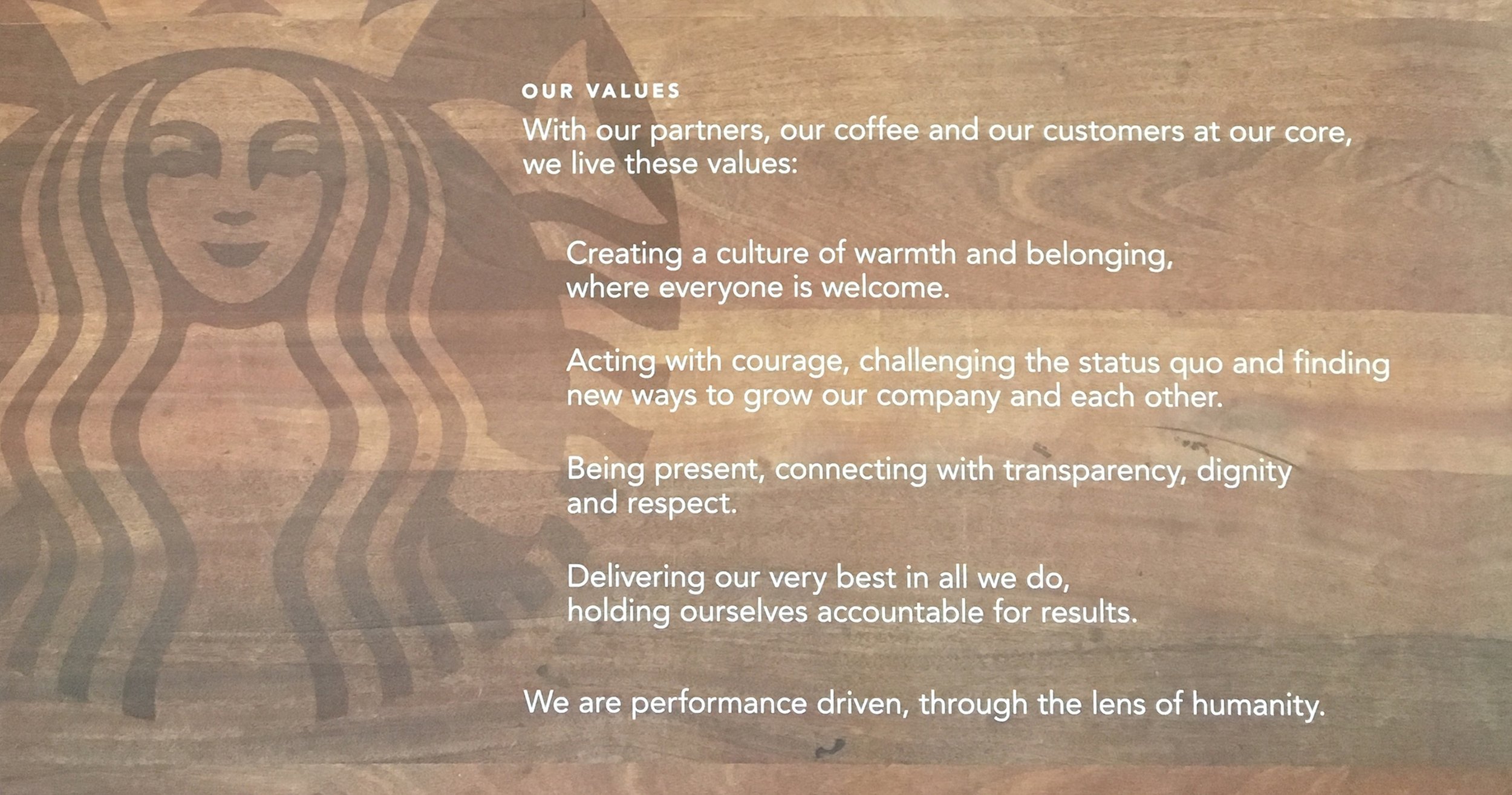When was the last time your office wasn’t short staffed? Between today’s national labor shortage and the fact that it was never actually easy to hire dental office staff, if your team is looking lean, you’re not alone. In this blog post, we’ll share our favorite hiring tips, training best practices, and ideas to minimize the workload of your current team.
Hiring tips
For the majority of dental practice owners, the problem of hiring begins with the applicant pool. It’s easier to find what you’re looking for when you know exactly what it looks like. Getting clarity around your office’s core values is a great way to do this. What are core values? If you were to make 5 bullet points of what your practice represents – those 5 points are your core values. Once you have your list of core values, you can incorporate them into your job posting. For example, is timeliness a big part of your culture? Spell it out in a way that makes your potential applicant feel as though the ad is speaking to them: “Do you hate being late?”
Your dental office does more for patients than a cup of coffee, but Starbucks’ core values are a great example of how to write your own.
Even with the perfect job posting, you may still be sitting in a meager pool of candidate options. One practice we spoke with was receiving about a dozen resumes for each job they posted. They were able to increase this to over 300 applicants by reconsidering an aspect of hiring that is often taken for granted: What if you expanded your search beyond the dental industry.
Expanding your applicant pool
There are many factors to consider opening a position to those with no dental experience. The biggest drawback is ramp-up time. It takes much longer to train a new hire when you have to fill in their dental knowledge from scratch. Things that seem obvious to you will need to be spelled out. For example, what’s the difference between a bonding and a filling?
HR experts have long touted the adage, “hire for culture, train for skill.” If you decide to expand your employee search to those without dental experience, a big perk is that you’ll have more opportunities to find a good culture fit. Other industries can also lend skills that transfer into the dental practice well. For example, patient-facing communication skills from those who previously worked in hospitality or treatment presentation skills from those who worked in sales and retail. Plus, you can teach your practice’s system on a blank slate instead of inheriting bad habits from other dental offices.
Retail workers are accustomed to long hours and aren’t afraid to ask the patient for money.
Training tips
A good office system is the key to setting up a new team member for success. The more you can standardize your operations, the easier and faster it will be to train a new hire. That means ensuring that the same questions are asked to each new patient upon scheduling, and that every patient gets walked out from the operatory to the front desk in the same way.
The hiring process is a great time to audit your office system for inefficiencies. If your team has to log into multiple websites and programs to do their work, consolidating those programs into something that can be managed from one site will be faster for a new hire to learn. Make sure to prioritize ease of use in any new tools that you implement; oftentimes staff may shy away from using programs that are overwhelming or overly complicated to figure out.
Efficient-ize your practice
During the 3-4 months it takes to get a new team member up to speed, there are many things you do to ease the workload for your current team. Automating busywork such as sending appointment reminders can free up your team’s time. Allowing patients to do things online is both more convenient for them as well as for your team. Implementing a way for patients to pay their statements online saves about 5-10 minutes per patient on calling in a credit card. If your consents, patient forms, and health history forms are on paper, you’re likely paying your staff to do mindless activities like scanning and uploading PDFs or re-typing information into the practice management software. Taking these forms digital is a gamechanger.
Is your team bogged down by: sending appointment confirmations, reminding patients that they’re due for hygiene, or scanning, uploading, and re-typing information from patient forms into your practice management software?
As you post those job listings, don’t forget to consider whether you actually need to take on the personal burden of payroll, HR or workers compensation for that position. Many practices are benefiting from outsourcing positions like insurance claims billing. Outsourcing could be a great option to work with professionals while decreasing your responsibility as a practice owner.
If you are interested in learning more about consolidating programs, automating busywork, or how an easy-to-learn software can decrease training time, an Asprodental consultant will be happy to chat. Book a time here.
Author: Tiffany Nguyen, MBA





